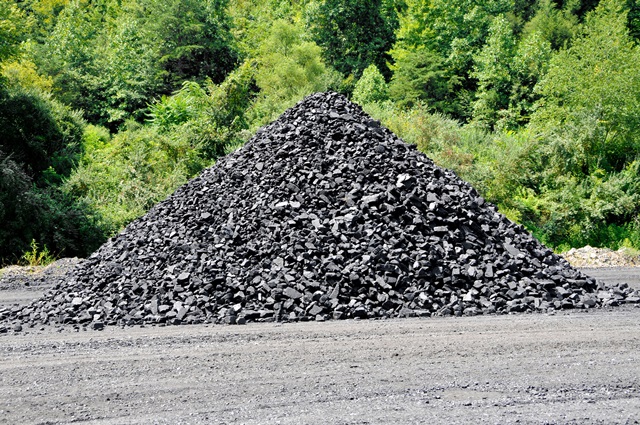
The history of the reporting of energy reserves and resources worldwide passed a critical milestone on 22 November in Geneva. The Committee on Sustainable Energy of the United Nations Economic Commission for Europe (UNECE) approved the specifications for the application of the United Nations Framework for Fossil Energy and Mineral Reserves and Resources 2009 (UNFC). The system now has all the needed approvals for it to become operational. For the first time there is a global standard for the classification of all extractive activities. The specifications set out the secondary rules needed for UNFC to be applied, ensuring consistency and coherence with other economic statistical information.
Governments, regulatory agencies, industry, the financial community, international organizations and professional societies have worked under the umbrella of the United Nations to develop UNFC to meet their needs. UNFC is suitable for all extractive activities, including oil, natural gas, coal and uranium, whether mined as a solid or produced as a fluid through wells. Fundamental terms such as “reserves” and “resources” are defined differently in different industry sectors and can be difficult to translate into other languages. UNFC is a numerically-based classification system that rises above the definitional differences and transcends cultural nuances to aid global communication and comparison.
Jim Ross of Ross Petroleum and Chairman of the Specifications Task Force of the UNECE Expert Group on Resource Classification, the body responsible for development of the UNFC specifications, observed “for any commodity, it is critical that reserve or resource quantities that are reported as UNFC compliant are sufficiently comparable to provide meaningful information to users of the data. The specifications ensure that this will be the case”.
As the only global system that allows reserve and resource estimates based on different classification systems to be documented in a single unified representation, UNFC has a significant impact on the ability to accurately understand the availability of non-renewable resources and hence facilitate the development of appropriate long-term policies based on this information.
Scott Foster, Director of UNECE’s Sustainable Energy Division stated “UNFC is one of UNECE’s flagship activities and its development demonstrates the convening power of the United Nations. UNECE has provided the platform for all stakeholders to develop this much needed standard – there is no other venue that would have allowed this happen. I now look forward to the broadening of the scope of UNFC to encompass renewable energy resources”.
For more information on the UNFC or the Expert Group on Resource Classification, visit: http://unece.org/energy/se/reserves.html and/or contact Ms. Charlotte Griffiths at: .
Note to editors
Operating under ECOSOC Decision 2004/233, UNECE’s global work on the UNFC is carried out by the Expert Group on Resource Classification, whose key focus is the further development and global promotion and implementation of the UNFC.
The UNFC, which is generic, intuitive and user-friendly, is the only modern classification system in the world to address the solid minerals and petroleum sectors using a single set of definitions and terminology. Its application is now being broadened to encompass renewable energy resources. The UNFC is an umbrella classification system which is fully aligned with the widely-used commodity-specific systems for solid minerals – the Committee for Mineral Reserves International Reporting Standards (CRIRSCO) International Reporting Template – and for petroleum, the Petroleum Resource Management System (PRMS). Approved by the Board of the Society of Petroleum Engineers (SPE) in March 2007, the PRMS was developed by an international group of reserves evaluation experts led by SPE and co-sponsored by the World Petroleum Council (WPC), the American Association of Petroleum Geologists (AAPG) and the Society of Petroleum Evaluation Engineers (SPEE), and was subsequently endorsed by the Society of Exploration Geophysicists (SEG).
The UNFC is designed to meet the needs of four principal stakeholders: (i) analysts of international energy and mineral resources; (ii) Governments – to manage their resources accordingly; (iii) industry – to provide data and information necessary to deploy technology, management and finance in order to serve the host countries, shareholders and stakeholders; and (iv) the financial community – to provide the information necessary to allocate capital appropriately so reducing costs. A strong code, offering simplicity without sacrificing completeness or flexibility, the UNFC paves the way for improved global communications which will aid stability and security of supplies, governed by fewer and more widely understood rules and guidelines. The efficiencies to be gained through its use are substantial.

